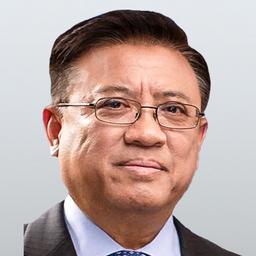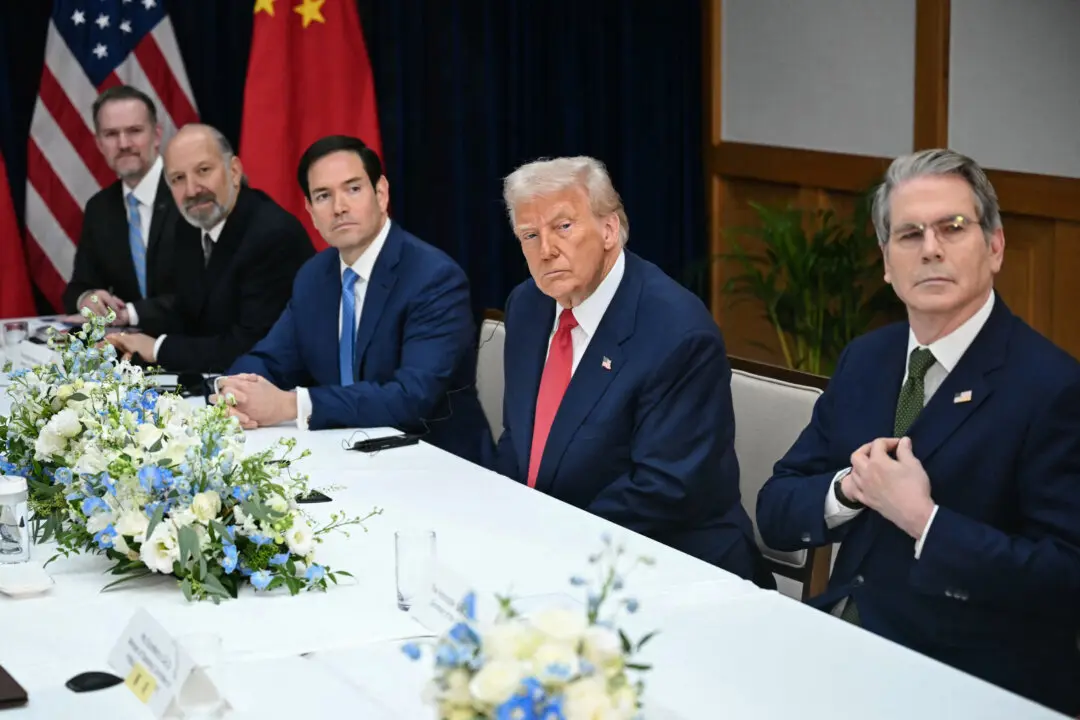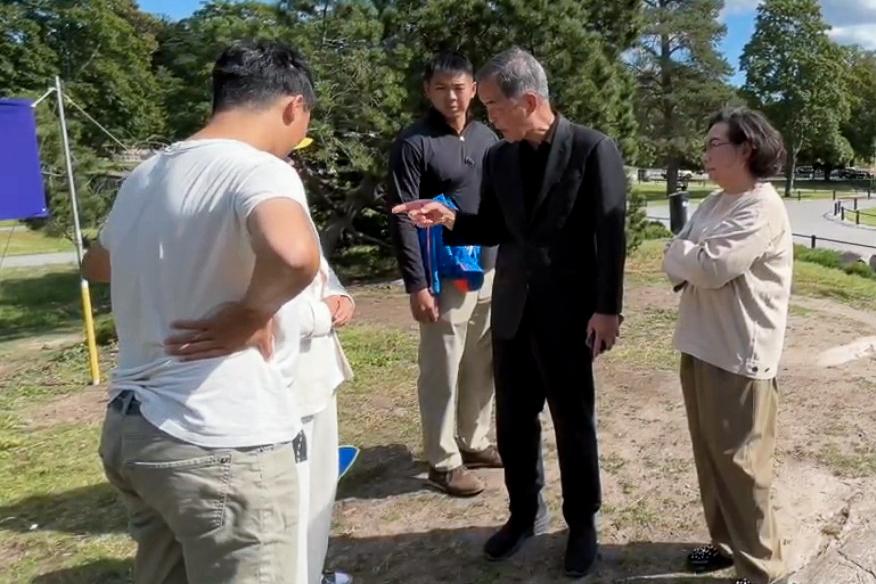In the last week of May, the mysterious agency charged with directing the Chinese regime’s persecution of Falun Gong was twice a hot topic in the news—after scarcely having been acknowledged for 16 years.
Major changes in the news in China don’t happen by accident, and the publication of these two news stories suggests that the main legacy of former Chinese Communist Party head Jiang Zemin is being pushed aside.
The first news story concerned a person named Luo Jian being investigated for “serious violations of the [Party] discipline and the law.” According to the report, Luo Jian was a deputy director of the 610 Office of Yangjiang City, in Guangdong Province.
The anti-corruption campaign that has ripped through the CCP’s membership for the past two years has targeted both “tigers”—top ranking figures such as Zhou Yongkang (the former chief of the extremely powerful Political and Legal Affairs Committee) and Xu Caihou (the former vice chairman of the Central Military Commission)—and “flies.” Luo Jian can only be considered as a “fly.”
Nonetheless, almost all major mouthpieces and portals in China, including Xinhuanet and Chinanews.com, carried the announcement of the Yangjiang City Discipline Inspection Commission’s investigation of Luo. Usually, such news would hardly be noticed by a Party mouthpiece at the provincial level.
The only explanation for the national exposure given the investigation of the obscure Luo is that someone wanted to use his case to publicize the name “610 Office.”
Three days later, the newly public 610 Office was reported to be without a leader. The Discipline Inspection Committee (DIC) of the CCP Central Committee updated its website and reported that Liu Jinguo, the DIC deputy secretary, was, as of January 2015, no longer the director of the Central 610 Office.




